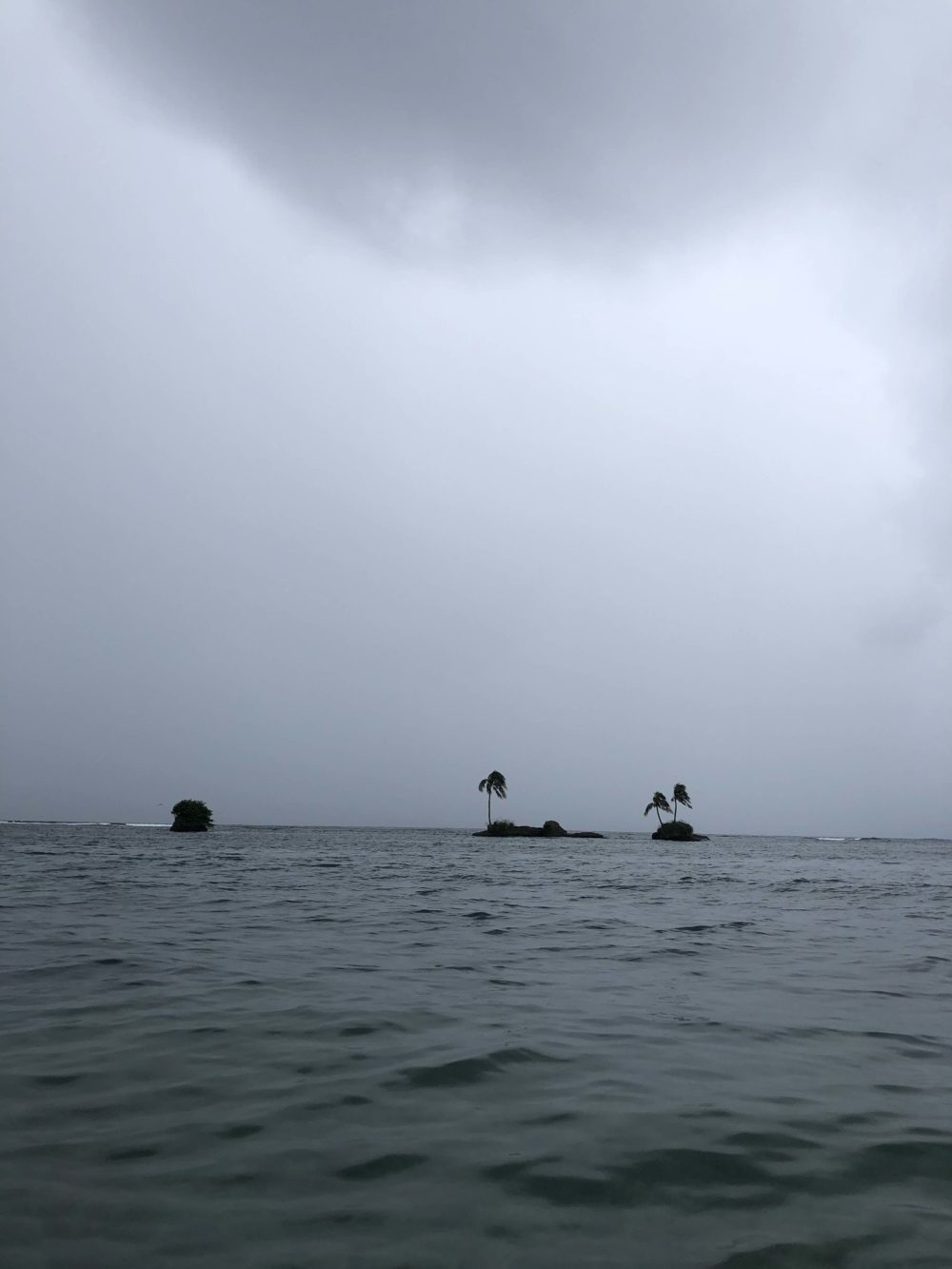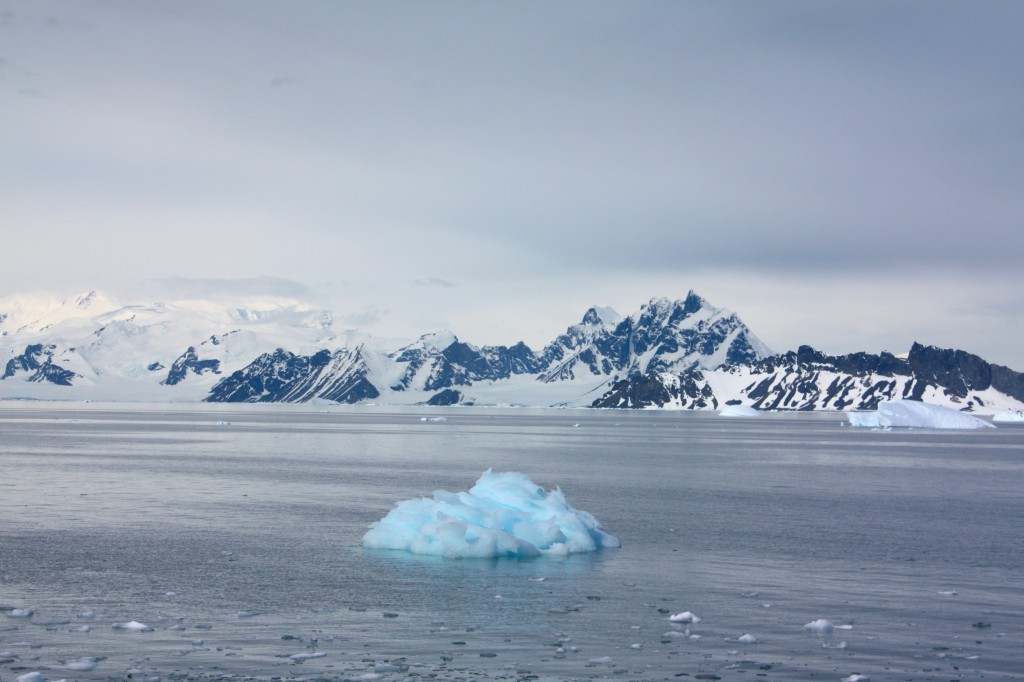
Governments should plan for metres of sea level rise in coming centuries because of mounting evidence that an unstoppable, slow-motion thaw of Antartica and Greenland is already under way, scientists said on Monday.
Too much research focuses on sea level rise merely this century, within the lifetimes of many people born today, according to the scientists in the International Cyrosphere Climate Initiative.
More distant generations will also suffer as rising oceans swamp coastlines from Shanghai to San Francisco, a legacy of greenhouse gases already emitted to the atmosphere by the early 21st century.
Teenage Swedish climate activist “Greta Thunberg will be 97 years old (in 2100). This is in one person’s lifetime,” Julie Brigham-Grette, professor of glacial geology at the University of Massachusetts Amherst, told a news conference during global climate talks in Bonn, Germany.

Ice sheets in Antarctica and Greenland “are vulnerable to very, very small changes in temperature … What these ice sheets are responding to now is what we did decades ago.” she said, urging longer-term planning for “inter-generational justice”.
Pam Pearson, director of the International Cryosphere Climate Initiative, said that much future sea level rise was already “locked in” for future centuries. “I would say the consensus is around 2 metres,” for sea level rise if temperatures stay around current levels, she said.
Average world surface temperatures are now about one degree Celsius (1.8 degree Fahrenheit) above pre-industrial times, mainly driven up by man-made greenhouse gas emissions in developed nations.
Worrying evidence from geology is that ocean levels were six to nine metres higher than now the last time the Earth was this warm, because of natural swings in the Earth’s orbit around the sun about 120,000 years ago, and large parts of Greenland and West Antarctica thawed.
“We have already committed, with a one degree warmer world, to potentially as much as six metres of sea level rise in the coming 1,000 years, and certainly a few metres in the coming centuries,” Brigham-Grette said.
Phasing out the use of fossil fuels this century – as agreed by almost 200 governments in 2015 Paris climate agreement – would avert the worst. Paris sets a goal of limiting warming to “well below” 2 degrees Celsius, while pursuing efforts for a 1.5 degree ceiling.

